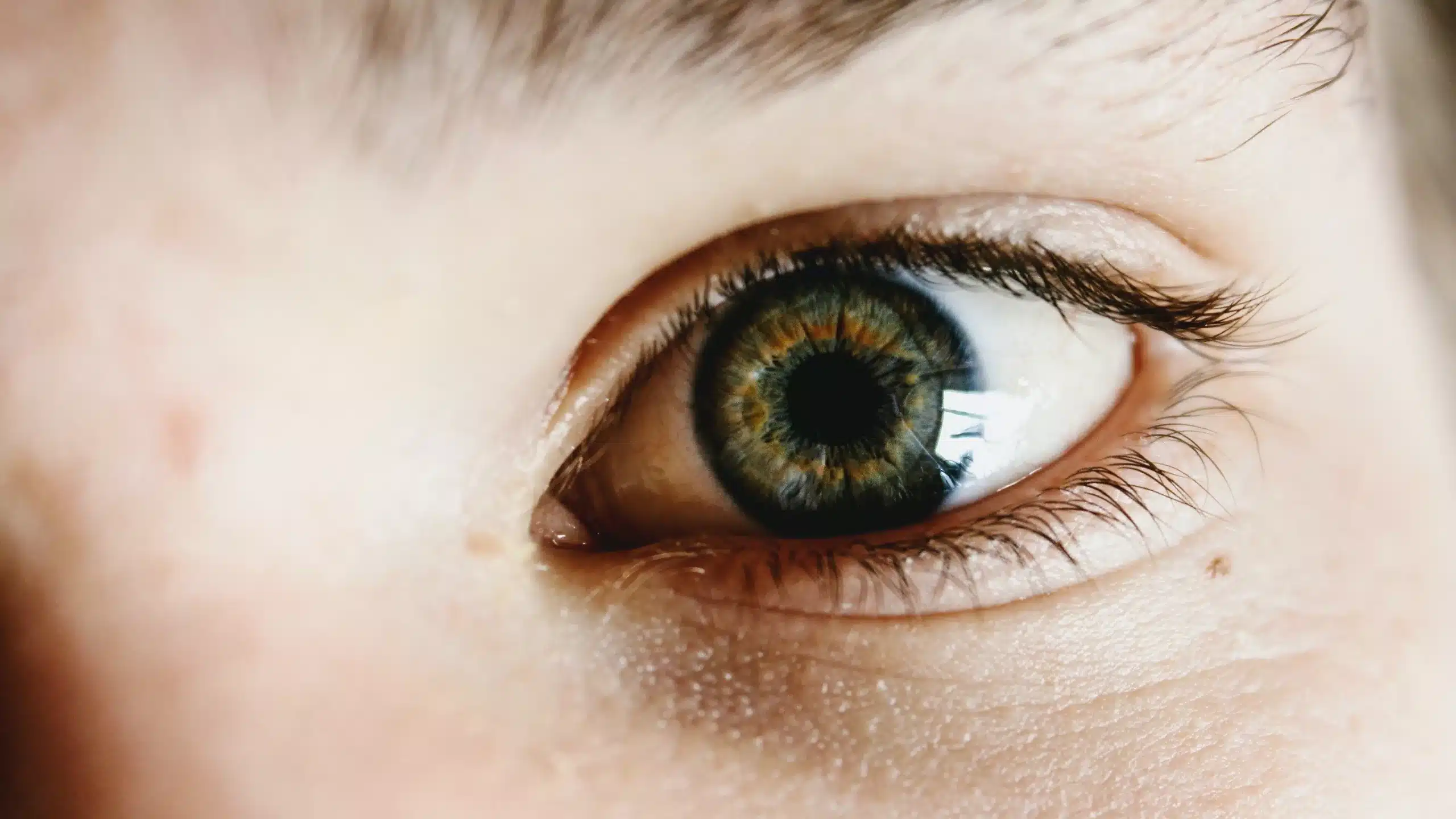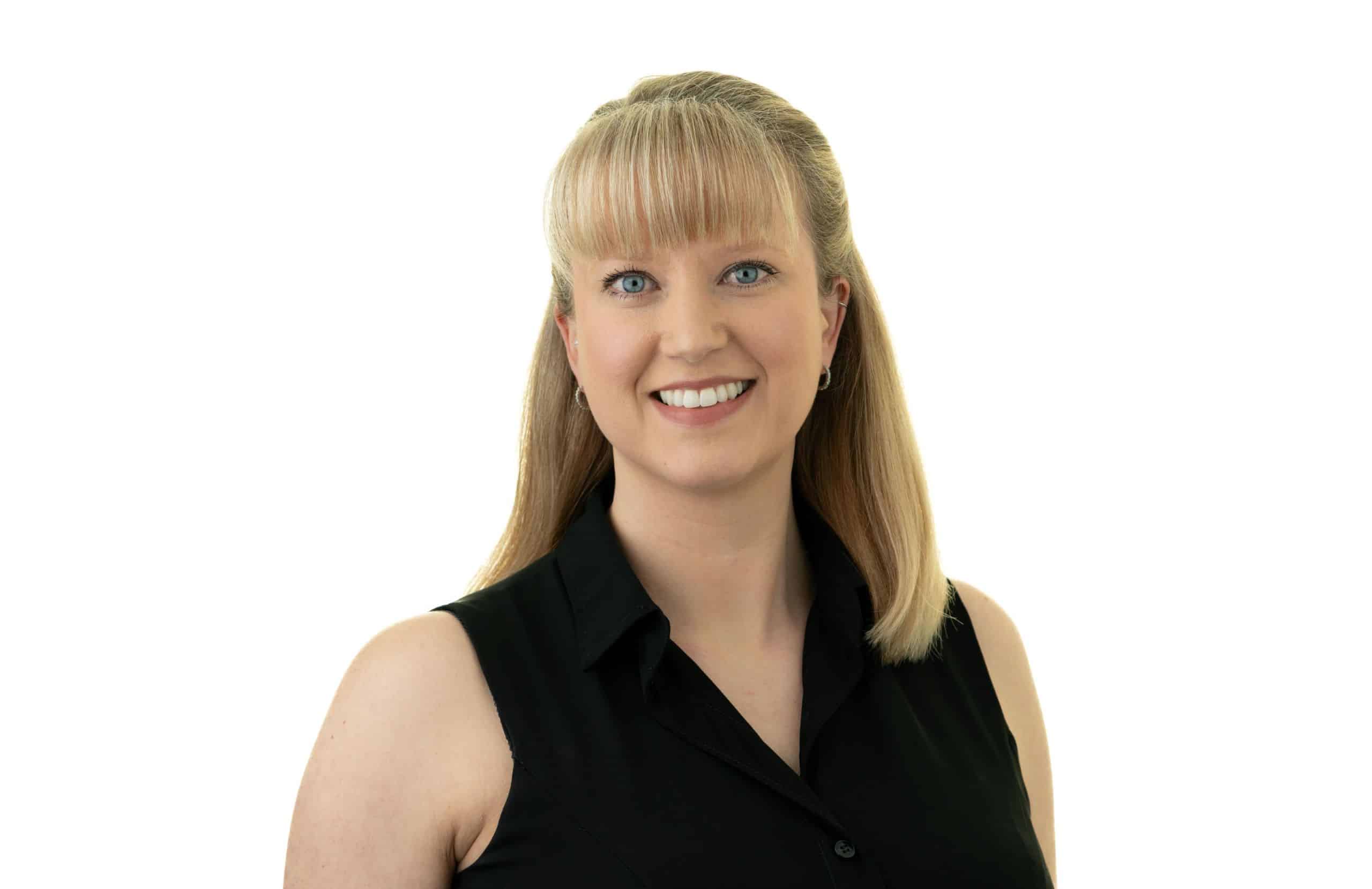Age-related macular degeneration (AMD) is a condition that affects the middle part of your vision and there are two types; dry age-related macular degeneration and wet age-related macular degeneration. Approximately 600,000 people in the UK currently have sight loss that has been caused by AMD and there are 70,000 new cases of AMD diagnosed every year. In this article, we will be discussing the types of age-related macular degeneration, the symptoms and what treatment is available.
What is age-related macular degeneration?
Macular degeneration is an eye disease that affects the macula, the central part of the retina, and it affects a person’s central vision. People with macular degeneration will not be able to see things directly in front of them, however, they are not completely blind as their peripheral vision will not be affected.
Age-related macular degeneration occurs in older people and around one in every 200 people has AMD at the age of 60 and by the age of 90, AMD affects one in five people.
There are two different types of age-related macular degeneration:
- Dry AMD – dry AMD occurs when your macula deteriorates because the cells which make up the macula die off and they are not replaced over time. Dry AMD develops more slowly than wet AMD and can sometimes take years for dry AMD to reach its final stage.
- Wet AMD – wet AMD develops when your body develops new blood vessels in order to try and fix cells which have stopped working in the macula. These blood vessels that the body has developed are abnormal and they can cause a leakage of fluid and/ or blood. This leakage can damage the macula and lead to vision loss.
Dry AMD is much more common than wet AMD and many people that have wet AMD have had dry AMD to start with.
Symptoms of age-related macular degeneration
Age-related macular degeneration affects the middle part of your vision and you can either get it in one of your eyes or both. According to the NHS, the following are symptoms of AMD:
- Blurred or distorted area in your vision
- Struggling to see anything in the middle of your vision
- Seeing straight lines as either wavy or crooked
- Objects looking smaller than they normally look
- Seeing colours as less bright than you used to
- Seeing things that are not actually there
AMD is not a painful disease but it can make things like reading, driving and watching TV very difficult.
Diagnosing age-related macular degeneration
When getting diagnosed with an age-related macular degeneration, you will go to the opticians to be seen by an optometrist. They will use a magnifying glass with a light on it in order to look at the back of your eyes and check your vision. The optometrist may also put drops in your eyes so that it is easier for them to see if there are any problems.
Sometimes the optometrist may refer you to an eye doctor, also known as an ophthalmologist. This is usually only necessary if the optometrist thinks that there is a possibility that you will need to start treatment quickly. If you have been referred, you may have more tests carried out, such as a scan of the back of your eyes.
If you are diagnosed with age-related macular degeneration, the specialist should then talk to you about what it is, whether you have dry AMD or wet AMD and what your treatment options are.
Causes of age-related macular degeneration
The cause of AMD is not known, however there are a number of factors that are associated with the development of the condition and these can include:
- Age – age is one of the main risk factors and as you age, it will increase the risk of developing age-related macular degeneration
- Smoking – smoking can damage blood vessels and the structure of the eye and if you smoke, you are up to four times more likely to develop macular degeneration than someone who doesn’t smoke
- Genetics – if you have a family history of macular degeneration, it will increase your chances of developing it
- Diet – a poor diet which does not contain enough fruit and vegetables can put you at an increased risk of developing AMD
- Blood pressure – if you have a high blood pressure, you are more likely to have AMD
- Gender – age-related macular degeneration affects both men and women equally, however, women typically live longer than men, therefore more women are diagnosed with AMD.
Treating age-related macular degeneration
Treating age-related macular degeneration will depend on what type of AMD you have. Unfortunately, if you have dry AMD, there are no treatments available, however, there are vision aids that can help to reduce the effects that AMD has on your life.
Wet AMD, on the other hand, does have treatments in order to help stop the vision from getting worse. These treatments can include:
Eye injections:
Injections that are given directly into the eyes will:
- Stop vision from getting worse in 9 out of 10 people
- Improve vision in 3 out of 10 people
The injections are usually given every 1,2 or 3 months and they will be given for as long as necessary, depending on the patient. When carrying out the eye injections, there will be drops to numb the eyes before the treatment and most people will have minimal discomfort. However, there are a few side effects of this treatment including bleeding in the eye, feeling like there is something in the eye, redness of the eye and irritation.
Light treatment:
Light treatment is another way to treat wet AMD and this is where a light will be shined at the back of the eye in order to destroy the abnormal blood vessels that cause wet AMD. The light therapy may be recommended as well as the eye injections and you can do these alongside each other if the eye injections do not help. The light therapy will usually need to be repeated every few months and the side effects from this treatment can include temporary vision problems, and the eyes and skin being sensitive to light for a few days/ weeks after the treatment.
Claims relating to age-related macular degeneration
The eye is one of the most fragile and important organs in the body so it is important that it is looked after correctly. With problems such as age-related macular degeneration, it is extremely important that diagnosis is correct and fast.
If you feel as though you have received a delay or there has been a failure to diagnose your macular degeneration and this has left you with further problems, you may be able to claim for compensation. To find out whether or not you could claim for your failed diagnosis of macular degeneration, you can contact Patient Claim Line and one of our medical negligence experts will be able to guide you through your claims process.

